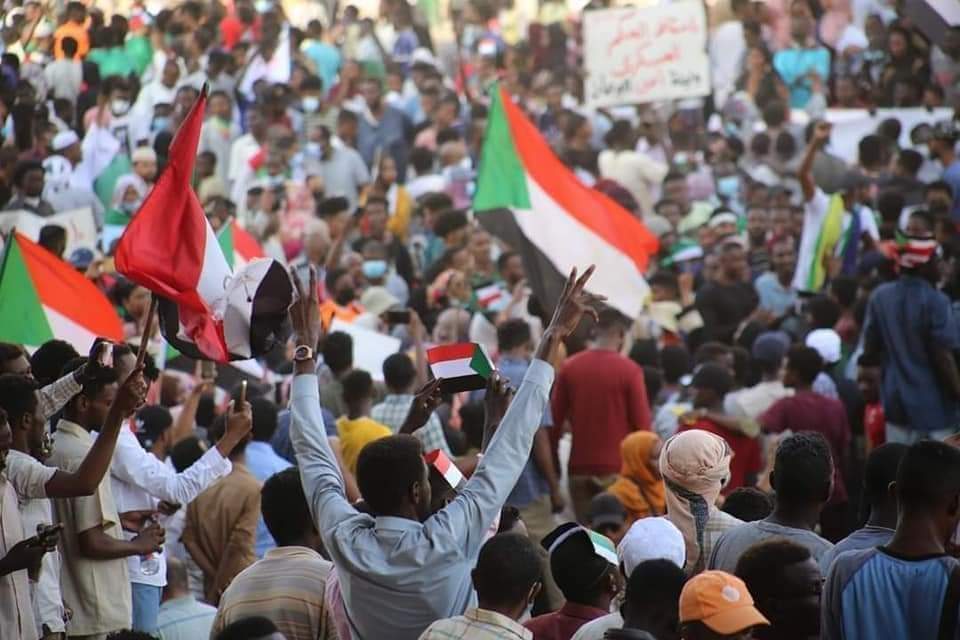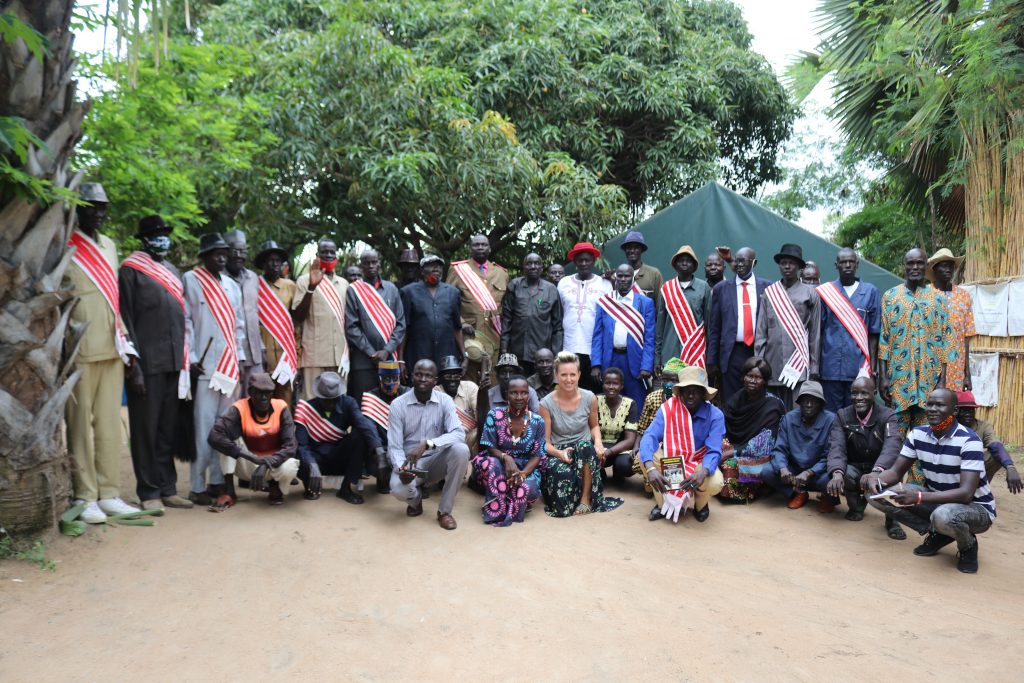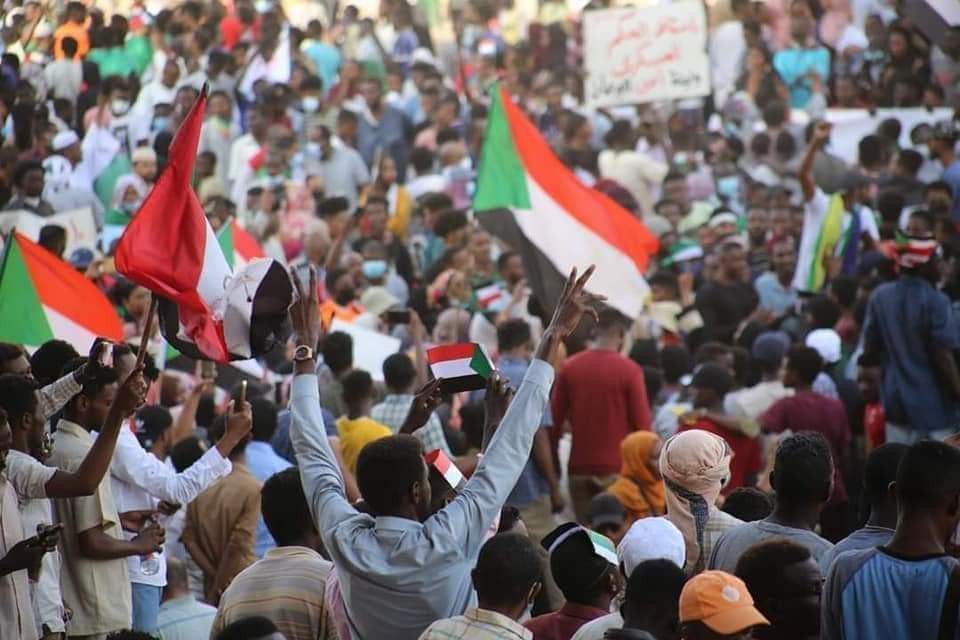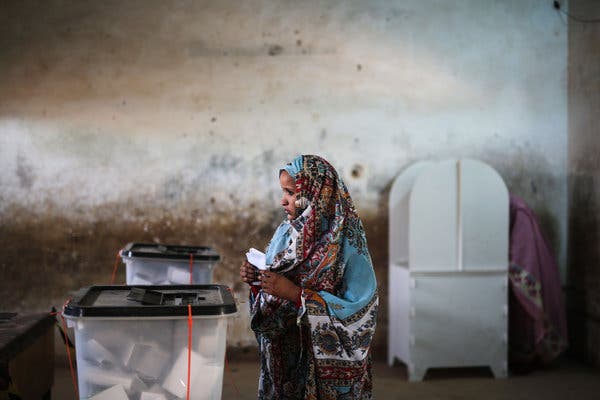Five points to help understand the coup in Sudan and what comes next

On 8 November RVI held a Forum ‘Understanding the Coup in Khartoum’ with speakers Kholood Khair, Eddie Thomas, Muez Ali, Sharath Srinivasan, Alden Young and Margie Buchanan-Smith. The following 5 points collates various comments made by the participants in the Forum. A podcast will be released in the next few days. The removal of […]
What Happened at Wunlit? Reliving South Sudan’s most successful peace conference

By Machot Amuom, RVI Researcher. I remember the joy and peace we had after Wunlit in 1999. When the 2013 violence happened, killing was done. When peace was signed in 2015 and again in 2018, nothing changed. When we remember 1991 killing, and peace we had after Wunlit (1999), we can still make peace […]
Understanding the Coup in Khartoum: Drivers, latest developments and consequences for Sudan

In the early hours of 25 October, the military-security council of the Sudanese Transitional Government mounted a coup against its civilian partner, removing the Prime Minister and several civilian ministers from power. General Abdel–Fatah Burhan, leader of the coup, cited disarray within […]
{Podcast} Voting for Change: Sudan’s Elections Models – Discussion with Prof Justin Willis

In the first episode of the Sudan Elections podcast series ‘Voting for Change’, host Raga Makawi talks to Justin Willis- Professor of Modern History at Durham University – about election models adopted in Sudan’s modern history, key choices available for policymakers who are involved in election design, special votes for farmers in the […]
Understanding Sudan’s electoral system: Law and law enforcement
This briefing is part of RVI’s Sudan Elections Project, a short-term study on the history of elections in the country. The project examines the different factors that have shaped the course and consequences of elections in Sudan, while drawing out lessons to inform the programming and advocacy work of those hoping to ensure a successful […]
Understanding Sudan’s electoral system: Registration and polling
This briefing is part of RVI’s Sudan Elections Project, a short-term study on the history of elections in the country. The project examines the different factors that have shaped the course and consequences of elections in Sudan, while drawing out lessons to inform the programming and advocacy work of those hoping to ensure a successful […]
What Happened at Wunlit? An oral history of the 1999 Wunlit peace conference
PRE-PRINT Wunlit was the most successful peace meeting in the history of the Sudans, a meeting where customary authorities took a leading role. It brought together representatives of Nuer and Dinka communities west of the Nile, communities that had been divided by the 1991 split in the SPLA. The meeting acted as a prelude to […]
South Sudan: Youth, violence and livelihoods
This report explains the realities of life for South Sudan’s youth population, the majority of whom are living in conditions of extreme economic precarity. Young people face enormous challenges in trying to survive and progress in their lives. This is happening in the context of overarching neglect of the citizenry by the government, corruption, ethnic […]
BRIEFING: Is there a youth livelihoods crisis in South Sudan?
South Sudan is in a state of profound economic transition, heavily influenced by conflict and large-scale population displacement and return. This transition has fundamentally changed the way in which people live, particularly their relationship with work and money. The end of the Second Sudanese Civil War (1983 – 2005) brought with it a wave of […]
فهم النظام الانتخابي السوداني: الحملات الانتخابية
بعد وصوله إلى السلطة من خلال انقلاب عسكري في عام ١٩٨٩، حكم الرئيس عمر البشير السودان لمدة ٣٠ عامًا حتى تمت الإطاحة به في عام ٢٠١٩ بعد انتفاضة شعبية. بينما يُشار إلى البشير غالبًا على أنه ديكتاتور ومستبد، فقد أشرف على العديد من الانتخابات – في ٢٠٠١ و٢٠١٠ و٢٠١٥ – على رأس حزب المؤتمر الوطني.ومع […]
